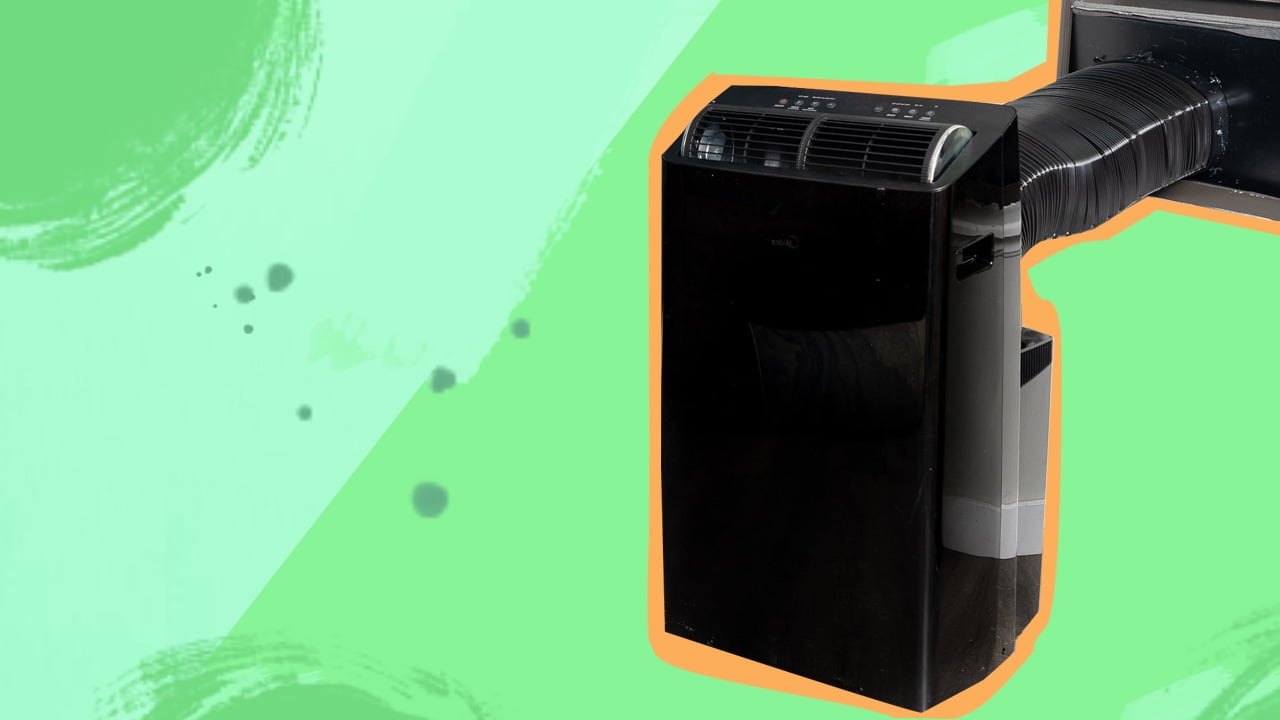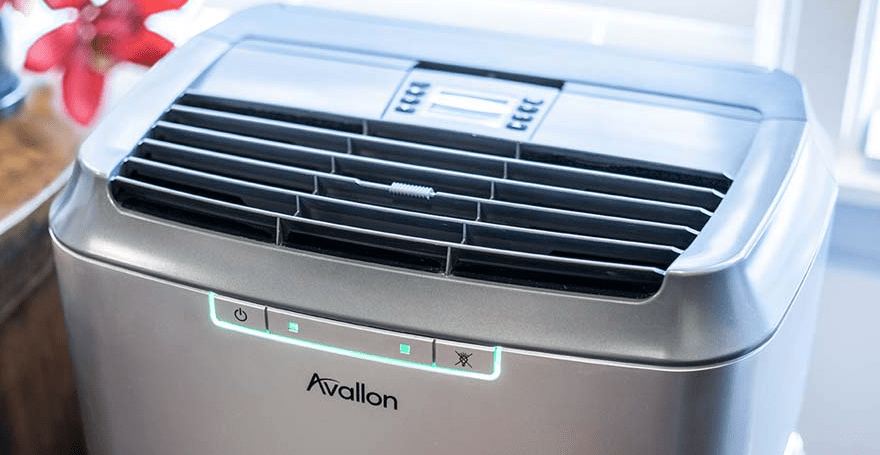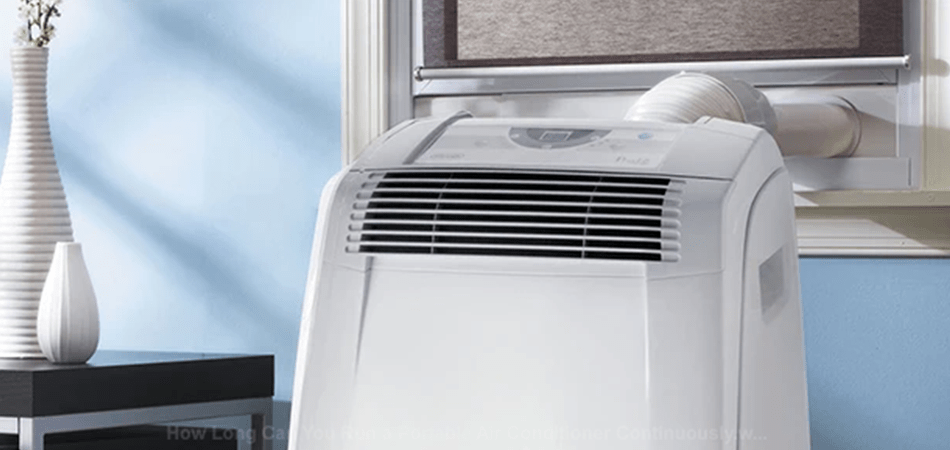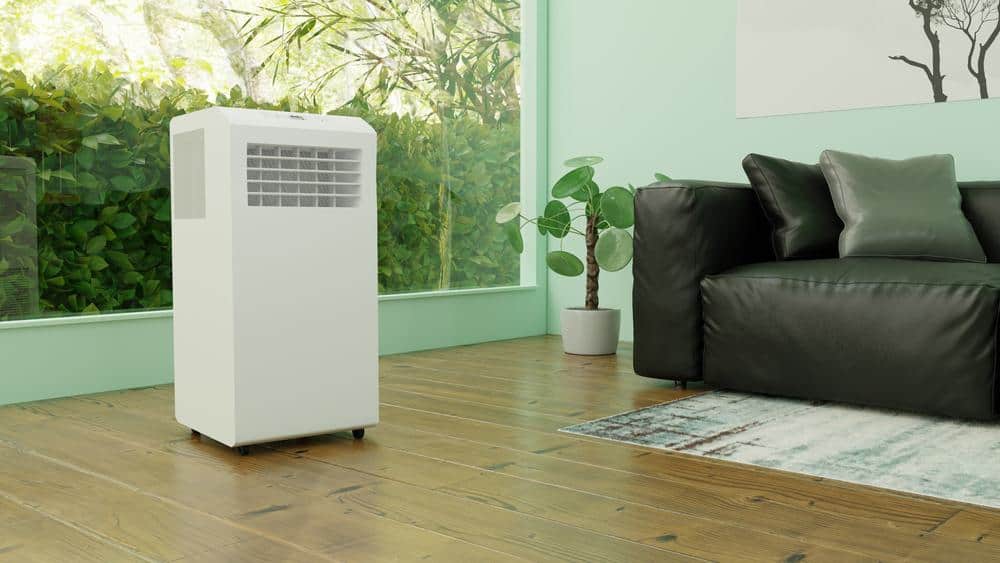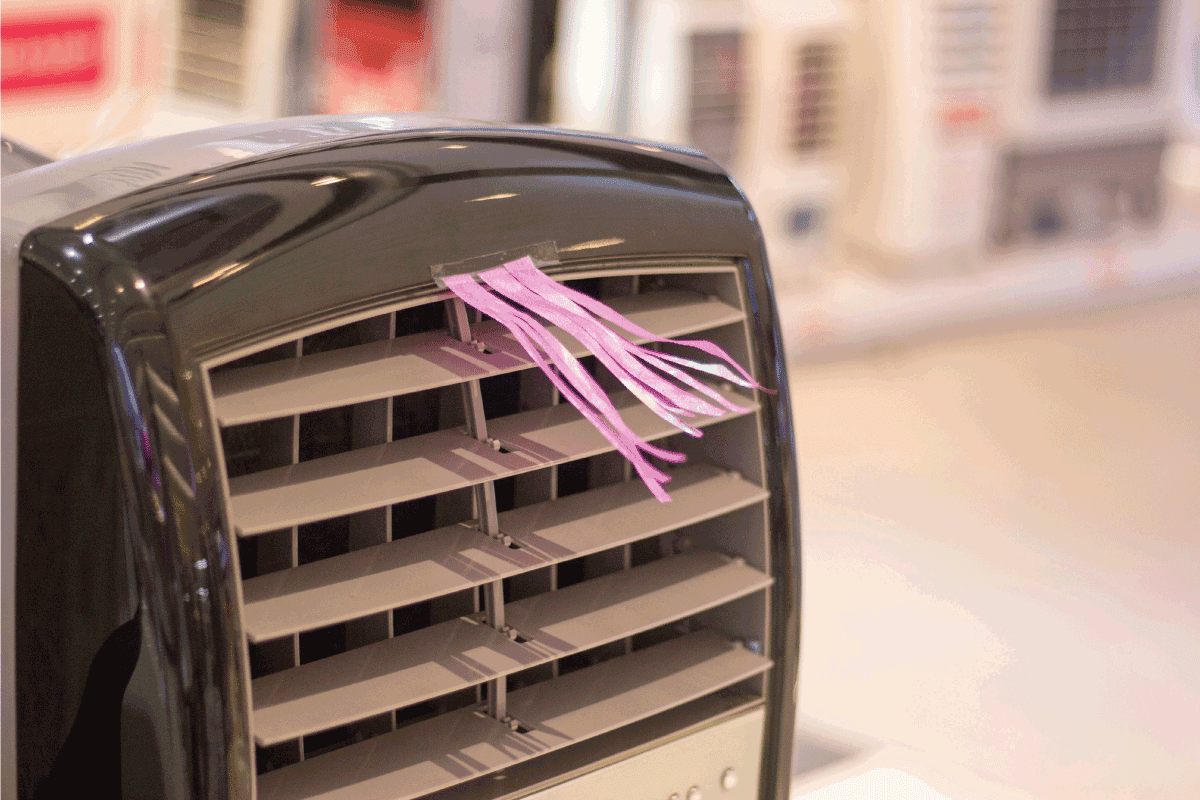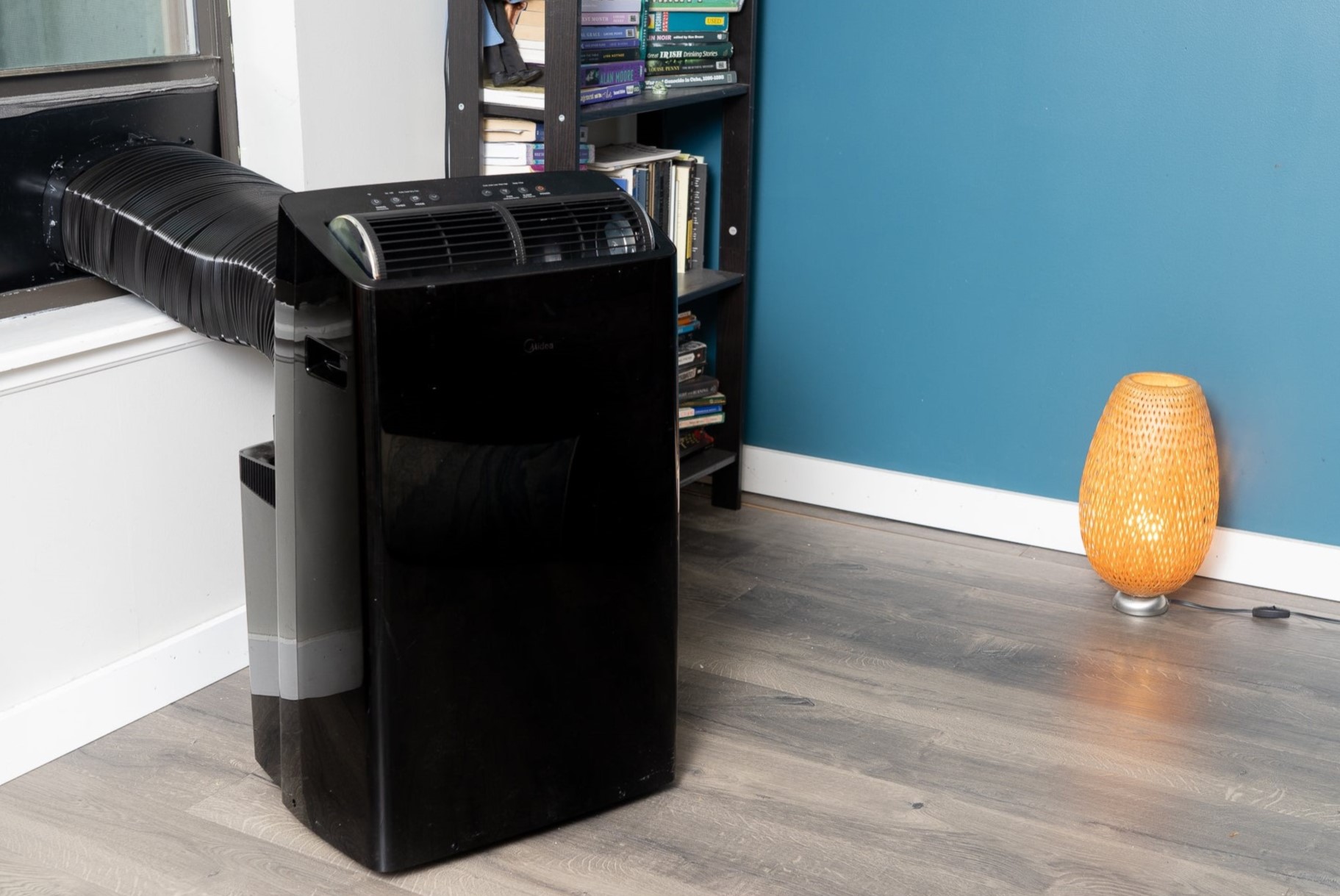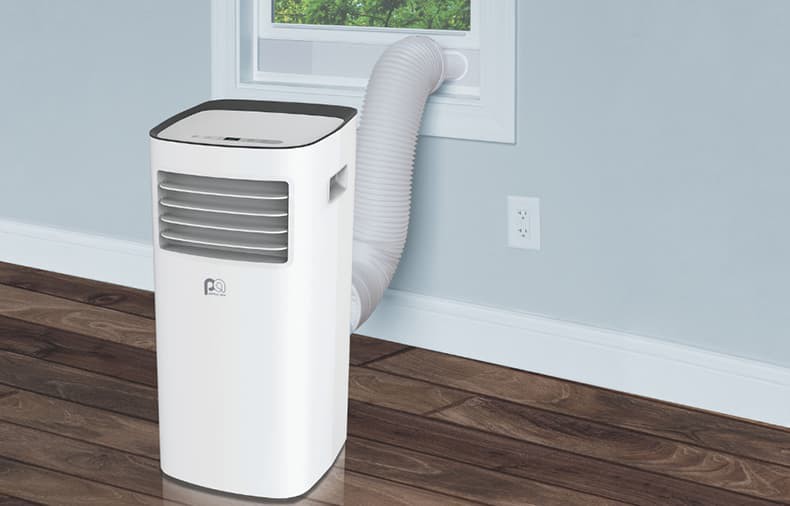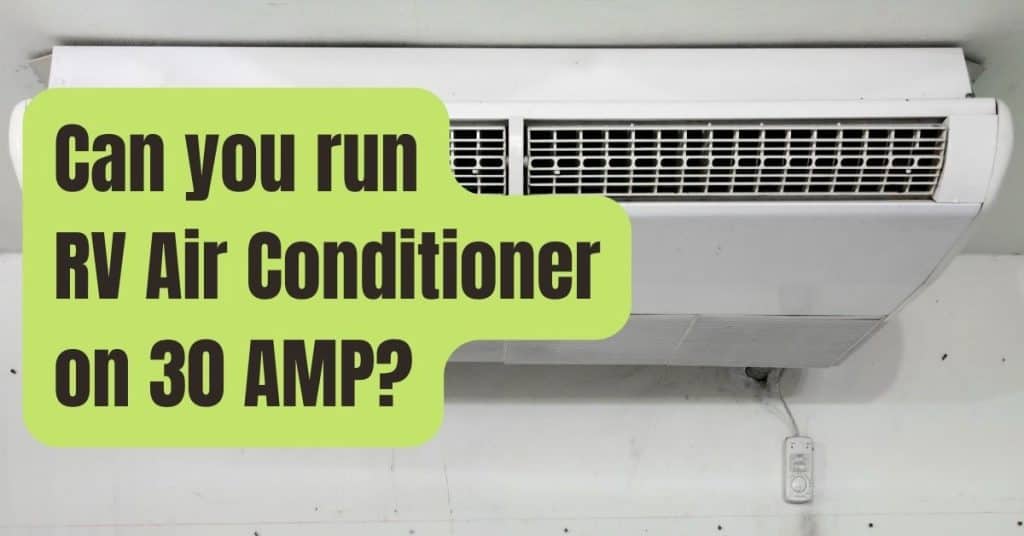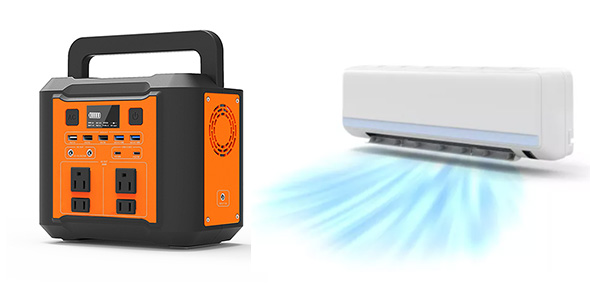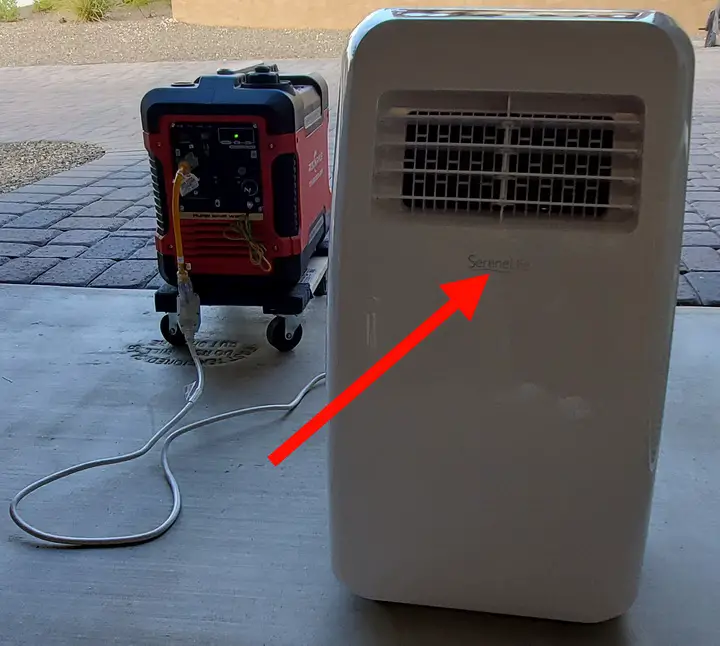How Long Can A Portable Ac Run
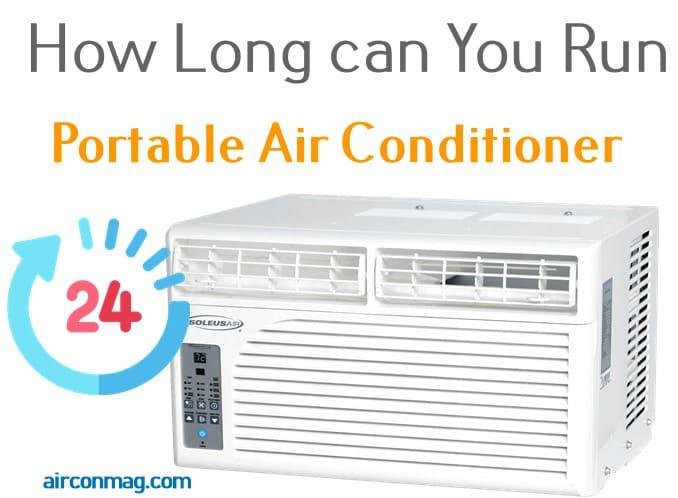
Portable air conditioners offer a convenient solution for cooling individual rooms, but a common question arises: how long can they run continuously? The answer isn't straightforward, depending heavily on various factors.
Understanding the runtime limitations of portable ACs is crucial for efficient use and preventing potential damage to the unit or increased energy bills. This article delves into the factors influencing runtime, provides insights from experts, and offers guidance for maximizing the lifespan of your portable AC.
Factors Influencing Portable AC Runtime
Several key factors dictate how long a portable AC can operate without interruption. These include unit type, ambient temperature, and maintenance practices.
Unit Type and Size
The type and size of a portable AC significantly affect its runtime capabilities. Single-hose units, drawing air from inside the room and exhausting hot air outside, might struggle to maintain consistently cool temperatures during extended use in hotter climates. Dual-hose units, drawing air from outside for cooling, generally operate more efficiently and can often run longer.
Larger units with higher BTU (British Thermal Units) ratings are designed to cool larger spaces, potentially allowing for longer runtimes in appropriately sized rooms compared to smaller, less powerful models straining to cool the same area.
Ambient Temperature and Humidity
External conditions, such as ambient temperature and humidity levels, play a significant role. On extremely hot and humid days, the AC unit has to work harder to maintain the desired temperature, potentially shortening its continuous runtime before needing a break to prevent overheating.
Conversely, in milder weather, the unit expends less energy and can operate continuously for extended periods without issue.
Maintenance and Filter Condition
Proper maintenance is essential for optimal performance and extended runtime. Clogged air filters restrict airflow, forcing the unit to work harder and potentially overheat. Regular cleaning of the air filter, typically every two to four weeks, ensures efficient operation.
Furthermore, maintaining a clean condenser coil also contributes to better heat exchange and prolongs the unit's lifespan.
Expert Opinions and Manufacturer Guidelines
Manufacturers typically provide guidelines regarding recommended runtime and maintenance in the user manual. It is important to consult these guidelines before running your portable AC for extended periods.
Many portable AC units are designed with built-in safety features like automatic shut-off mechanisms to prevent overheating. This feature activates when the unit reaches a certain temperature or after prolonged operation, preventing damage to the compressor and other components.
Industry experts often recommend allowing the unit to rest periodically, especially during peak heat periods. This practice not only extends the life of the unit but also improves energy efficiency.
Practical Considerations for Maximizing Runtime
Beyond adhering to manufacturer guidelines, several practical steps can help maximize the runtime of your portable AC. Properly sealing windows and doors helps prevent warm air from entering the room, reducing the load on the AC unit.
Using curtains or blinds to block sunlight reduces solar heat gain, further easing the burden on the cooling system. Positioning the exhaust hose correctly is also critical. Ensure the hose is properly vented to the outside to effectively expel hot air.
Consider using the unit in conjunction with fans. Ceiling fans or portable fans can help circulate the cooled air, distributing it more evenly throughout the room and allowing the AC to operate more efficiently, potentially extending its runtime.
Potential Impacts and Considerations
Running a portable AC continuously without proper precautions can lead to several potential issues. Overheating can damage the compressor, leading to costly repairs or premature failure. Increased energy consumption can result in higher electricity bills, especially during peak hours.
Dehydration is another consideration, as prolonged exposure to air conditioning can dry out the air and lead to discomfort. It is essential to stay hydrated and maintain a comfortable humidity level in the room.
Choosing the right size AC for the room is also crucial for avoiding overworking the unit. Selecting a unit that is too small will force it to run continuously, while a unit that is too large may cool the room too quickly and cycle on and off frequently, potentially reducing its lifespan.
Conclusion
While portable ACs can offer convenient cooling solutions, understanding their runtime limitations is paramount. By considering factors such as unit type, ambient temperature, and maintenance, users can optimize performance and extend the lifespan of their portable AC units.
Adhering to manufacturer guidelines, implementing practical energy-saving measures, and incorporating regular maintenance practices contribute to efficient and responsible use. Ultimately, understanding the nuances of your specific portable AC unit and adapting your usage habits accordingly will ensure consistent comfort without sacrificing longevity or efficiency.
